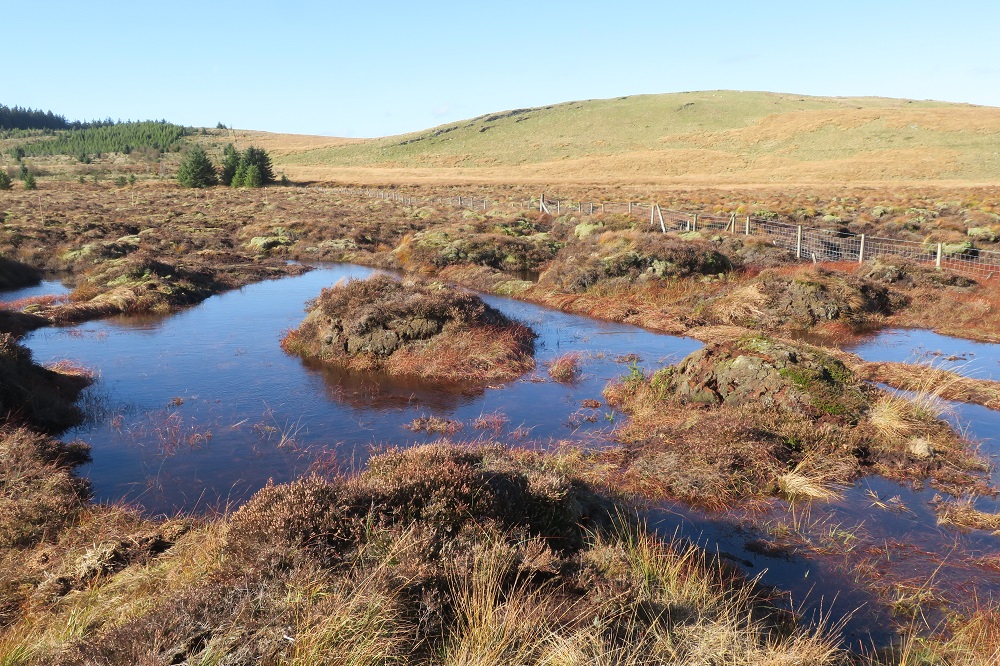Retail sale of peat compost to be banned in Wales

Rural Affairs Minister Lesley Griffiths has announced the Welsh Government intends to ban the retail sale of peat in horticulture products.
The ban announced today follows a public consultation which showed that 92% of respondents supported an overall ban of the sale of peat compost.
There is not currently any peat extraction in Wales, but stopping the sale of peat products is seen as crucial in protecting Welsh peatlands in the future.
The ban is also in line with the Well-being of Future Generations Act commitment to be globally responsible.
Peatlands are the UK’s largest stores of carbon, support key habitats and species, and can hold large volumes of water.
When peat is extracted, the carbon stored inside the bog is released as carbon dioxide, contributing to climate change.
Peat extraction also degrades the state of the peat mass which threatens biodiversity.
Peat is primarily extracted in the UK for horticultural purposes, with bagged retail growing media accounting for 70% of the peat sold in the UK.
Greenhouse gas emissions
The Welsh Government claims the ban will end greenhouse gas emissions from the extraction and use of peat domestically and be key in meeting the Welsh Government’s Net Zero targets.
Rural Affairs Minister, Lesley Griffiths said: “Our peatlands are iconic, and today’s announcement will be key in protecting and restoring them for future generations and supporting the work of the National Peatland Action Programme.
“Carbon dioxide emissions from peat extractions has an impact on climate change and introducing a ban on the retail sale of peat in horticulture will make a real difference.
“The consultation showed strong support for banning peat sales in Wales and we will now work to implement a ban as soon as is practically possible.”
The Welsh Government says it will now work with the UK Government to agree next steps to implement the ban in Wales.
Support our Nation today
For the price of a cup of coffee a month you can help us create an independent, not-for-profit, national news service for the people of Wales, by the people of Wales.







Sounds like a very good idea.
Stone me! Glaciers have always moved faster than this. As a Town Councillor in mid-Wales I proposed a ban on using peat 30 years ago.
Maybe the term ” better late than never” should apply to this new law. And well done to you sir, for proposing this years ago.
Welsh peat bogs supply clean drinking water for our neighbours free of charge
More bog acreage means yet more clean water for them for free.
Peat is a agricultural product so why ban an income source in essentially poverty stricken rural areas
I have visions of busloads of English folks coming to our peat bogs loaded up with buckets.
I think the big issue with Peat bogs is that they are a non-renewable ecosystem, which also stores huge amounts of carbon. Selling them off is a bit like sitting in a tree, then sawing through the branch you, and everyone else, are sitting on
Peat bogs are self renewable
The problem is unrestricted extraction which totally negate this fact
Self renewable over what time period? Let me help you out: between 50 – 500 years if at all, depending on the level of damage. So non-renewable in the economic sense , ranging to absolute destruction and therefore non-renewable in every sense.
But you saw away GH-J. You saw away.